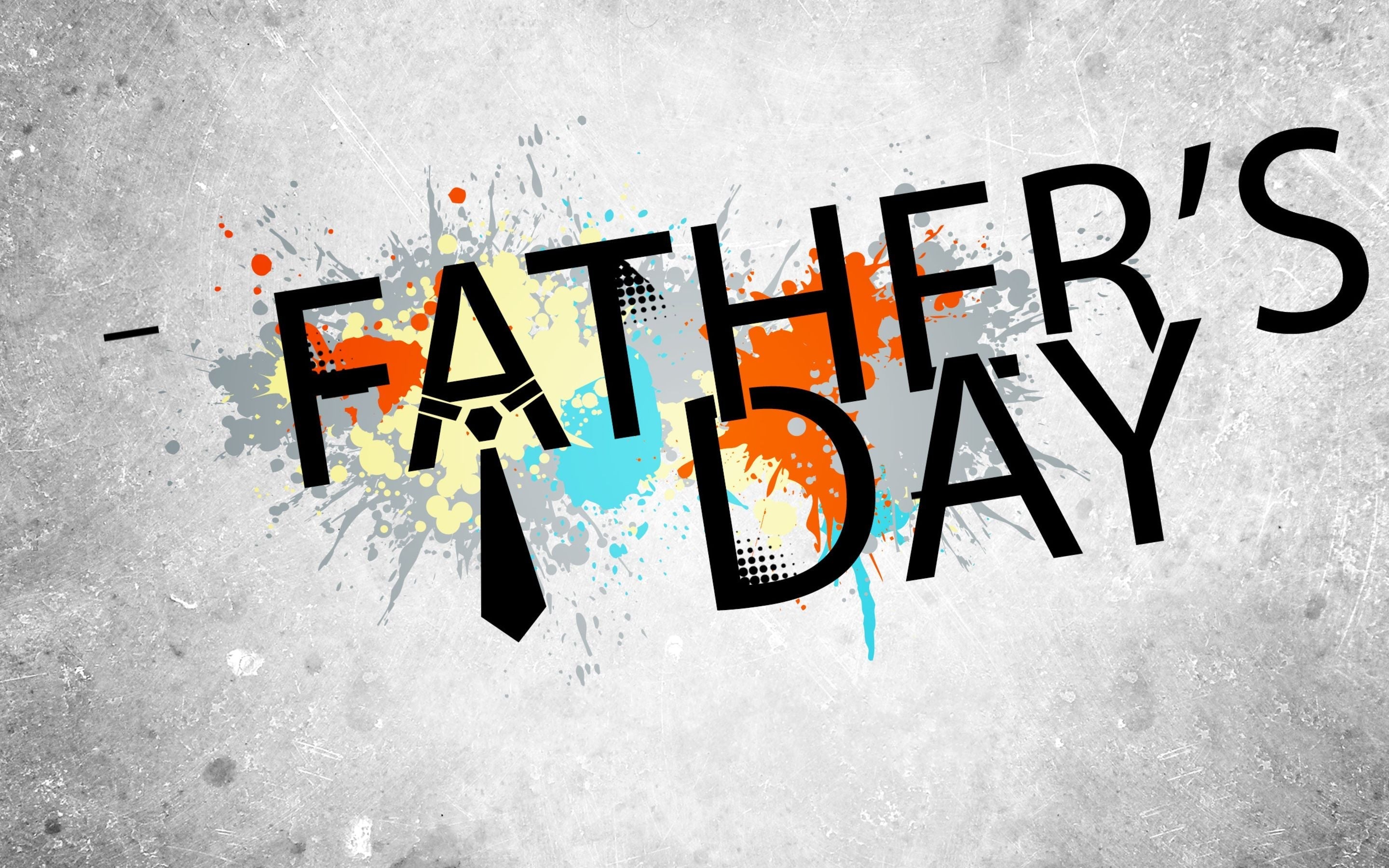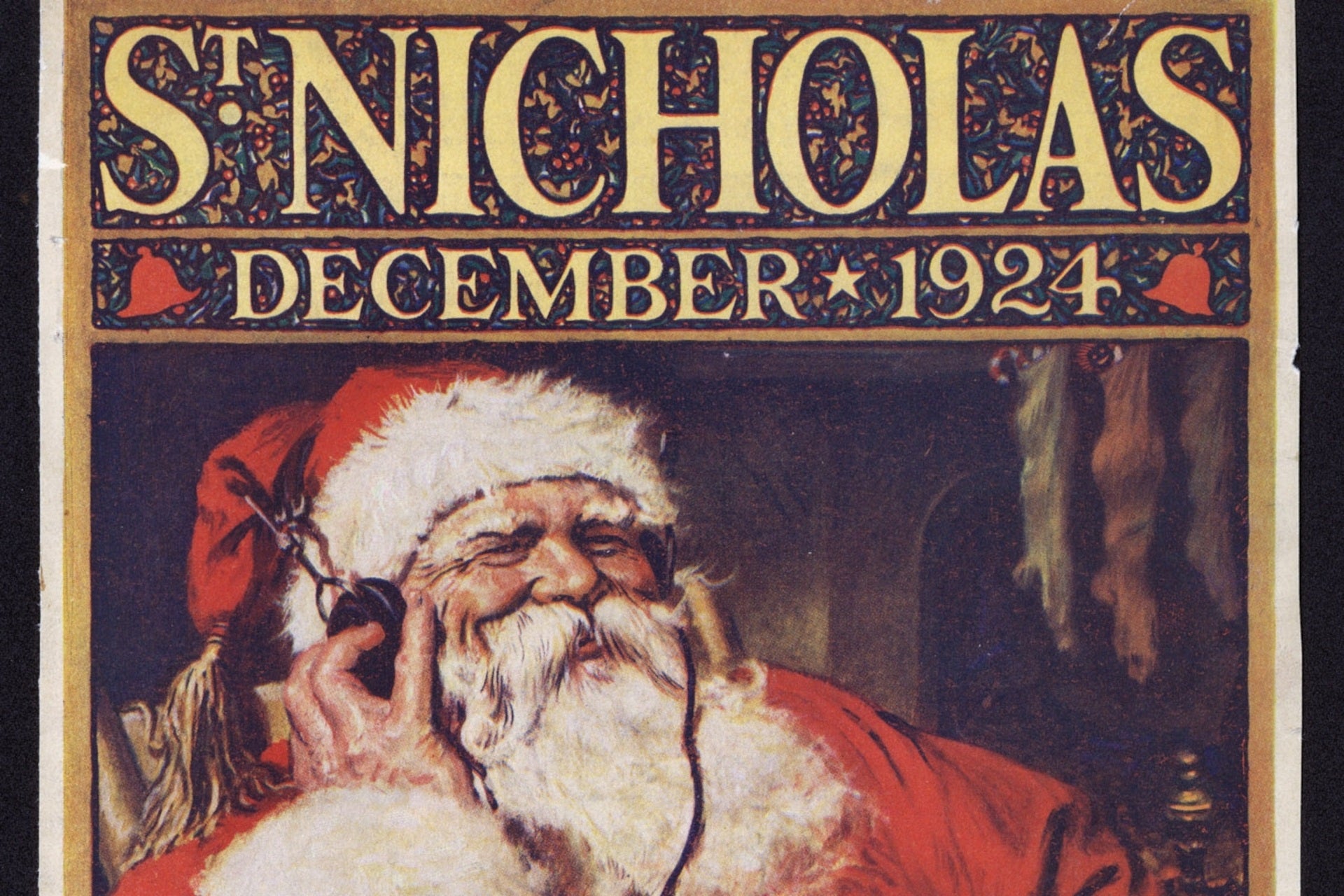
Discover 20 Intriguing Facts About The Christmas Season
As the year nears its conclusion, an air of anticipation fills the hearts of millions across the globe, eagerly awaiting the arrival of shimmering decorations, vibrant lights, delectable feasts, cheerful melodies, and delightful presents. Yes, Christmas is on its way! Yet, amidst this joyous occasion, have you ever paused to ponder how well-acquainted you are with this exuberant holiday? Prepare to unveil the mysteries as we delve into ten fascinating facts about the enchanting realm of Christmas.
Facts about Christmas
1. The birth of Jesus Christ
Christmas, a joyous occasion for Christians, commemorates the birth of Jesus Christ, whom they believe to be the divine Son of God. Traditionally observed on the 25th of December each year, as designated by the Roman Catholic Church, it is interesting to note that the precise date of Jesus' birth remains unknown.
Maybe you don't know why is it called Christmas? Let's finding the answer at this article:

Christians believe that Jesus was born in a stable in
a town called Bethlehem, today found in an area of the Middle East called the West Bank.
2. Christmas is not universally celebrated on the same day by all Christians
It may come as a surprise, but Christmas is not universally celebrated on the same day by all Christians. In regions with significant Orthodox Christian communities, such as Russia, Ukraine, Romania, and even some Greek Orthodox Christians, Christmas Day is observed on the 7th of January. This distinct date adds diversity to the global tapestry of Christmas traditions.
3. 'Christmas' derives from the Old English phrase 'Cristes maesse'
The term 'Christmas' derives from the Old English phrase 'Cristes maesse,' translating to 'Christ's mass.' However, have you ever wondered about the origin of 'Xmas'? While many perceive it as a contemporary abbreviation, its roots can be traced back to the 16th century. Interestingly, the 'X' in 'Xmas' is believed to symbolize the Greek letter 'Chi,' which corresponds to the first letter of the Greek word for Christ, Χριστός (pronounced as 'Christos').

Festive food like roast turkey, fruity mince pies and Christmas pudding became popular in Victorian times!
4. Many of the festive customs popular in the UK today originate from Victorian times.
During the Christmas season, individuals across the globe partake in various delightful and merry activities. Numerous festive customs that are prevalent in the United Kingdom today originated during the Victorian era. These include the exchange of Christmas cards, the tradition of gift-giving, the cracking of Christmas crackers, and the enjoyment of traditional dishes such as mince pies and roast turkey. It is worth noting that Queen Victoria and her beloved husband, Prince Albert, held a profound affection for Christmas, contributing significantly to its popularity during their reign.
Let's learn about traditional American dishes on Christmas in this article:
5. The origin of the pine tree dates back to 16th century Germany
The concept of Christmas trees gained immense popularity during the Victorian era in Britain. However, their origins trace back to 16th-century Germany, where people adorned fir trees with fruit, nuts, and eventually sweets, paper ornaments, and candles during the Christmas season. Surprisingly, historians speculate that the roots of this festive tradition can be traced even further back to the Romans and Ancient Egyptians. These ancient civilizations utilized evergreen plants and garlands as symbols representing eternal life. It is truly awe-inspiring to witness the enduring legacy of this tradition across different cultures and time periods.

Christmas trees were introduced to England around 1800.
6. Every year Norway sends a beautiful, locally grown Christmas tree to London
Prepare to be amazed by this fascinating fact! Without fail, Norway sends a magnificent, locally grown Christmas tree to London annually, gracing the iconic Trafalgar Square with its luminous adornments. This towering marvel stands an impressive 20 meters tall, serving as a heartfelt gesture of gratitude from Norway to the United Kingdom for the assistance provided during the challenging times of World War II. Truly, it is an extraordinary and tree-mendous gift that symbolizes the enduring bond between nations.
7. The name Santa Claus may originate from the Dutch language, specifically Sinterklaas
No discussion of Christmas would be complete without acknowledging the iconic figure of the joyful, big-bearded man – Father Christmas! However, have you ever pondered the origin of his name, Santa Claus? It can be traced back to the Dutch language, specifically Sinterklaas, which translates to "Saint Nicholas." Saint Nicholas, a revered Christian bishop from the 4th century, was renowned for his benevolence and generosity, eventually becoming the patron saint of children. His legacy and spirit have evolved over time to become the beloved character we know as Santa Claus today.

On the night before Christmas, it’s said that Santa Claus delivers presents to children on a sleigh pulled by flying reindeer!
8. Santa Claus is not the sole protagonist of Christmas
Santa Claus is not the sole protagonist of Christmas; there are a plethora of fascinating characters celebrated worldwide! Take Italy, for instance, where a benevolent witch named La Befana takes to the skies on a broomstick, delivering toys to children. Meanwhile, in Iceland, a tradition involves children placing their shoes by the window for the arrival of the mischievous Yule Lads, a group of thirteen trolls. If the child has been well-behaved, they will discover sweets within their shoe. However, if their behavior has been less than exemplary, the Yule Lads will leave behind a rather unappetizing gift—a rotten potato!
9. "Jingle Bells" was not intended as a Christmas song.
The popular tune of "Jingle Bells" brings joy to our hearts as we sing along. However, have you ever noticed the absence of words like Christmas, Jesus, or Santa Claus in the song? Surprisingly, this is because "Jingle Bells" was not initially intended as a Christmas song. Its origins trace back to 1850 when it was composed as "One Horse Open Sleigh" for the American holiday of Thanksgiving. Despite its association with Christmas today, this merry anthem originally captured the festive spirit of a different celebration, adding a delightful twist to its historical journey.
10. In 1644, celebrating of Christmas was declared illegal in England.
Envision a world without the enchantment of Christmas. Can you feel the peculiar void it creates? The melancholy that permeates the air? Astonishingly, such a reality existed in 1644 when Christmas celebrations were declared illegal in England. Subsequently, this ban extended to the English Colonies in America. Government officials of the time believed that the religious significance of Christmas had been overshadowed and forgotten, prompting them to prohibit the festivities associated with the holiday. Despite the ban, some individuals clandestinely continued to celebrate in secrecy until, nearly two decades later, Christmas was once again granted legal recognition and reinstated as a cherished occasion of joy and merriment.
11. 3 billion Christmas cards are sent in the U.S. each year.
12. Christmas trees have been sold in the U.S. since 1850.
13. It takes about 15 years to grow the average Christmas tree.
14. Alabama was the first state to officially recognize Christmas in 1836. Oklahoma was the last, in 1907.
15. Santa Claus is based on a real person: St. Nikolas of Myra. He is the patron saint of banking, pawn broking, sailing, orphans and New York City.
16. President Teddy Roosevelt, an environmentalist, banned Christmas trees from the White House in 1901.
17. Approximately 35 million living Christmas trees are sold each year in the U.S.; more than 45 million are planted.
18. Holiday purchases account for one sixth of all yearly retail sales in the U.S.
19. “White Christmas” by Irving Berlin is the best-selling single record of all time, with over 100 million sales, worldwide.
20. All the gifts in the Twelve Days of Christmas would equal 364 gifts.



